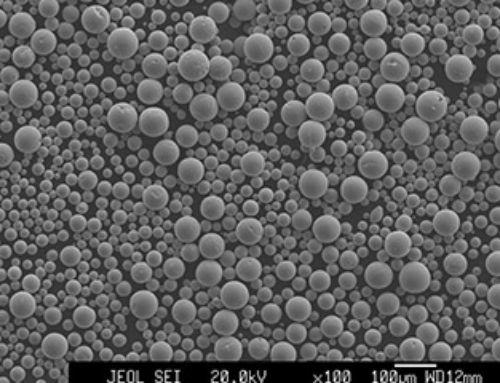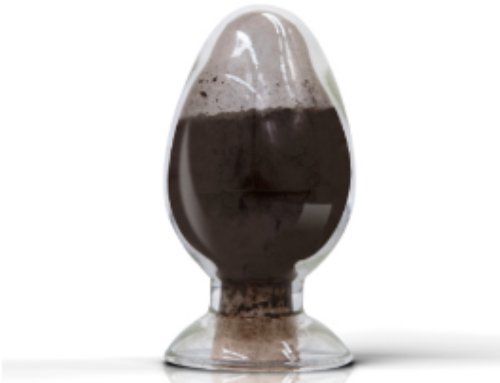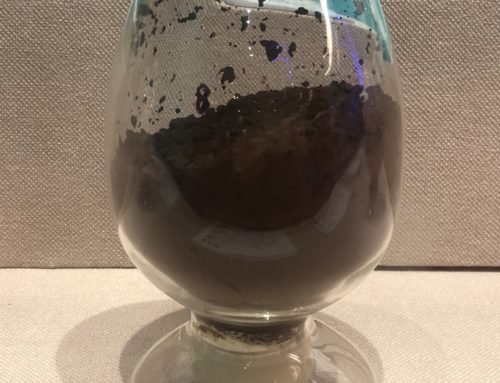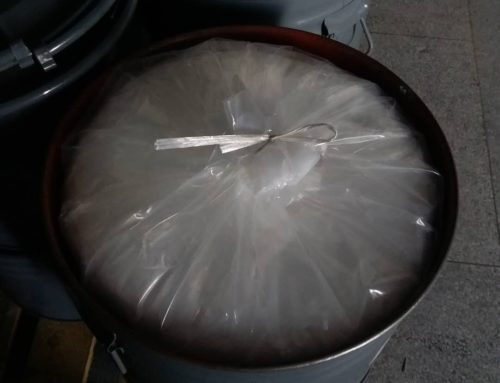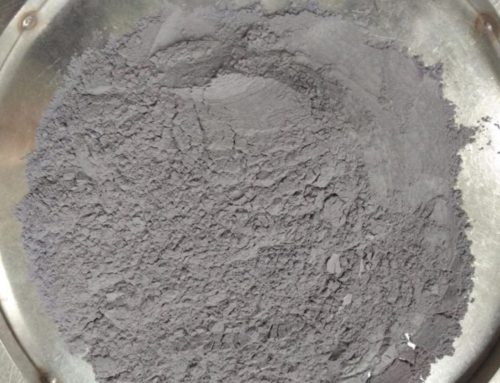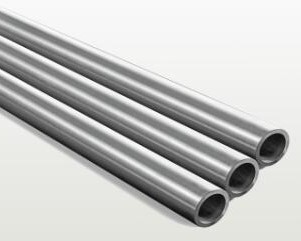
| Product | Niobium Tube/Pipe (Nb Tube/Pipe) |
| Part Number | TRM-NB005 |
| Standard | ASTM B394 |
| Material | UNS R04200/ UNS R04210 |
| Type | Seamless or Welded |
| Density | 8.57 g/cm3 |
| CAS Number | 7440-03-1 |
Niobium is a soft and ductile metal, which makes it a good material for tubes, pipes, and even capillary tubes. The purity of the niobium can be up to 99.95%. Various dimensions of the niobium tubing are available. Please contact us for more details.
Application: Our Niobium tubings are used in a variety of industries including,
- Semiconductor
- Heat Exchanger
- Chemical Processes
- Superconductor and Supercollider
Order Information
Please include the following information with your inquires and orders:
1. Quantity
2. Dimensions
3. R04210 Commercial Grade is the common type. R04200 Reactor Grade is available on request.
Assay
| Element | R04200 (Reactor Grade) | R04210 (Commercial Grade) |
|---|---|---|
| O | 0.015% max | 0.025% max |
| C | 0.01% max | 0.01% max |
| N | 0.01% max | 0.01% max |
| H | 0.0015% max | 0.0015% max |
| Zr | 0.02% max | 0.02% max |
| Fe | 0.005% max | 0.01% max |
| Si | 0.005% max | 0.005% max |
| W | 0.03% max | 0.005% max |
| Ni | 0.005% max | 0.0050% max |
| Mo | 0.01% max | 0.02% max |
| Hf | 0.02% max | 0.02% max |
| Ti | 0.02% max | 0.02% max |
| Ta | 0.1% max | 0.3% max |
| Nb | Remainder | Remainder |
Typical Size Available (Please inquire for details)
| Diameter(In.) | Wall Thickness(In.) | Length(In.) |
|---|---|---|
| 0.04-4 | 0.008-0.2 | 7.8-230 |
Please refer to Niobium Capillary Tube for smaller sizes.
Mechanical Properties – ASTM B394 R04200/R04210
| Ultimate Tensile Strength, Min, psi (MPa) | Yield Strength, psi (MPa) | Elongation min % |
|---|---|---|
| 18 000 (125) | 10 500 (73) | 25 |
Materials available for Niobium and Niobium Alloy Tube
R04200-Type 1—Reactor grade unalloyed niobium,
R04210-Type 2—Commercial grade unalloyed niobium,
R04261-Type 4—Commercial grade niobium alloy containing 1% zirconium.
| Physical properties | Niobium (Atomic#41) |
|---|---|
| Phase | Solid |
| Melting Point | 2750 K (2477°C, 4491°F) |
| Boiling Point | 5017 K (4744°C, 8571°F) |
| Heat of Fusion | 30 kJ/mol |
| Heat of Vaporization | 689.9 kJ/mol |
| Molar Heat Capacity | 24.60 J/(mol•K) |

